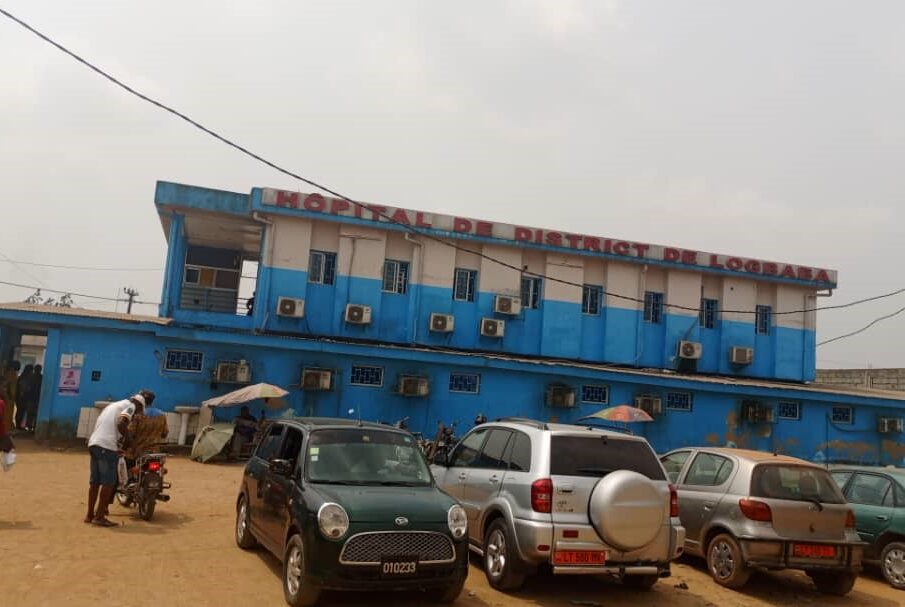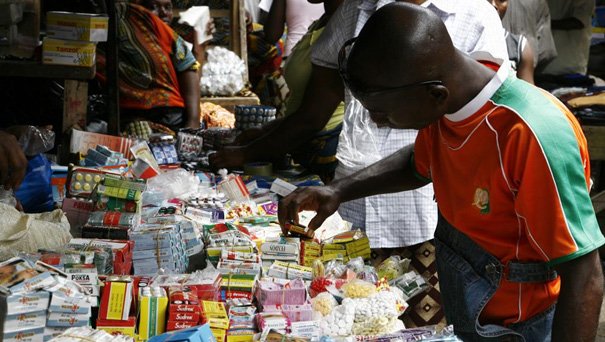Drama of the triplets of Logbaba: Limits of the management of extreme prematurity in Cameroon

The lack of suitable incubators and suitable medical transport has compromised the chances of survival of the triplets of Logbaba. A tragedy that challenges and highlights the shortcomings of our health system and the need to invest more in maternal and neonatal care.
The case has been making the rounds on social networks, accusing the managers of the Logbaba District Hospital of all evils. Some have gone so far as to see the incompetence of the care and services provided by this health structure which has nevertheless made a qualitative leap in terms of patient care. In an effort to remove ambiguities, Dr. Gaël Plong Ngnengue, the Director of this hospital training, came out to explain to the public, the circumstances in which the triplets died on January 22, 2025
An inevitable abortion
In a press release made public onJanuary 24, 2025, we can clearly read: “On Wednesday morning, the 25-year-old patient, pregnant with triplets, was admitted for suspected water loss. After a clinical examination and an ultrasound, an inevitable abortion was found,” explained the doctor who spoke of a situation that had become critical over the seconds: “the situation having become critical, due to the preciousness of the pregnancy, it was decided to transfer the babies to Laquintinie Hospital, a specialized center. However, during the transfer, one of the three fetuses unfortunately stopped living and the other two were admitted to neonatology but died a few hours after their admission,” we can read in the press release which reminds us that “this type of incident remains a tragic but inevitable event at this stage of pregnancy, which often exceeds the care capacities of structures, despite all the diligence of the medical staff,” said Dr. Ngnengue who quickly understood the pain and frustration of the family faced with such a situation. Internal sources have confirmed to us that all necessary medical measures have been taken to keep these children alive.
According to experts…
In Cameroon, statistics show that 18 to 20% of pregnancies result in inevitable abortions. In addition to these inevitable abortions, there are ultra-early abortions that occur a few days after the missed period, as well as late-term abortions. In the case of a late-term abortion, the situation is particularly complex, because even in the best maternity hospitals in Europe and Canada, the chances of recovery are minimal, except in level 3 facilities, which specialize in caring for newborns weighing less than one kilo.
Also read: Risks of high performance sport : ACAMES President Warns Players and Coaches
The young woman underwent a late-term abortion at 25 weeks of pregnancy, giving birth to triplets weighing 600g, 600g and 450g respectively. In Cameroon, the absence of level 3 maternity hospitals, capable of caring for extremely premature newborns, considerably complicates the survival of these babies. This case highlights the limits of current medical capacities in the country.
Health professionals agree to deplore this fact that,Transferring a premature baby is a race against time. But in Cameroon, this race is often lost in advance. The lack of medicalized ambulances and suitable incubators transforms these medical transfers into real obstacle courses.
Sincere condolences to the patient’s family
In the face of painful circumstances, compassion. And in doing so, Logbaba District Hospital wanted to “express its deepest condolences to the family of the patient who experienced the loss of her triplets, during a 25-week pregnancy,” wrote the Director, who later spoke of a difficult ordeal for the family, but also an emotional shock for the medical staff who did everything they could.
It is perhaps worth mentioning that Logbaba District Hospital is a beneficiary of the new approach to the care of pregnant women developed by the World Health Organization to combat maternal and infant mortality before and during childbirth.
Alphonse Jènè















